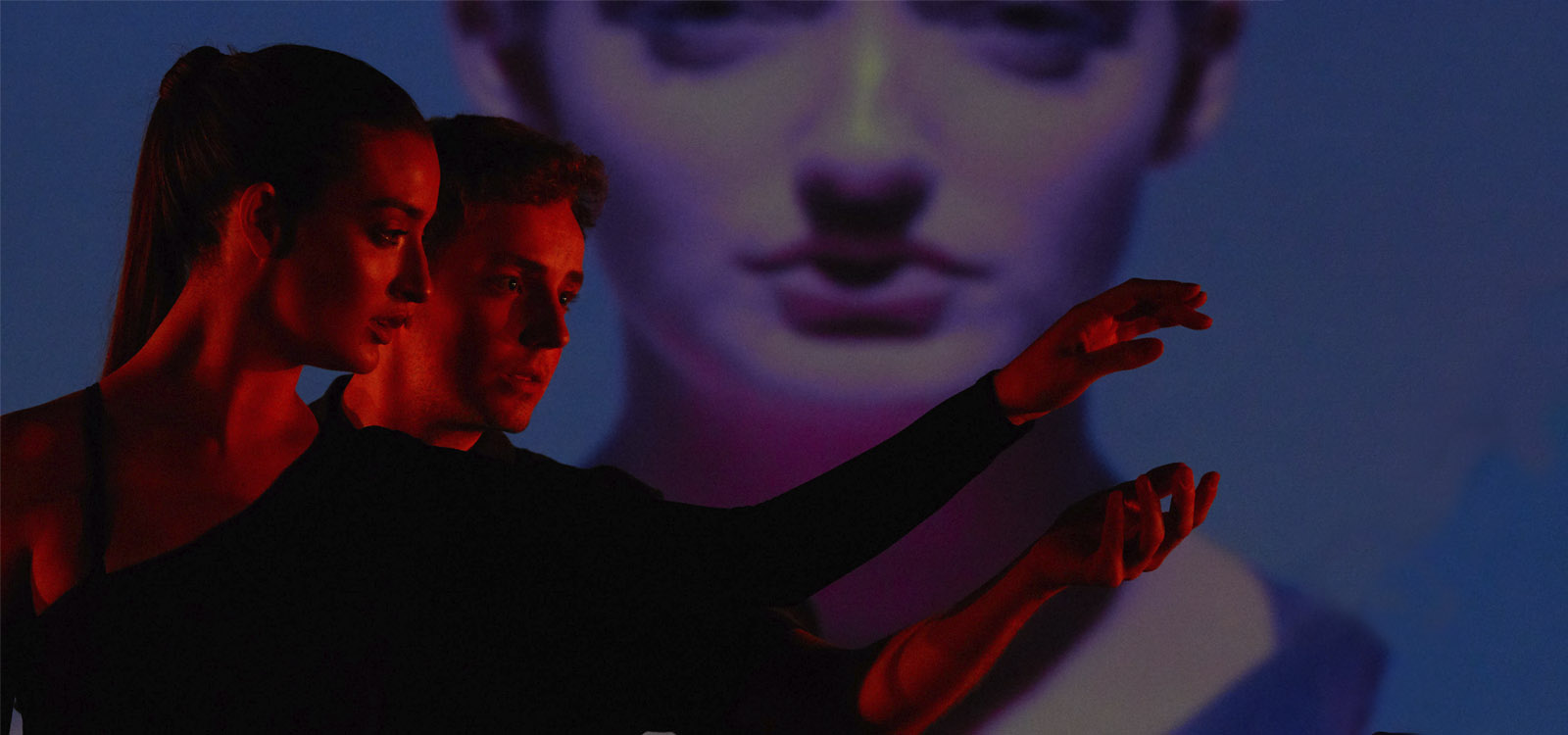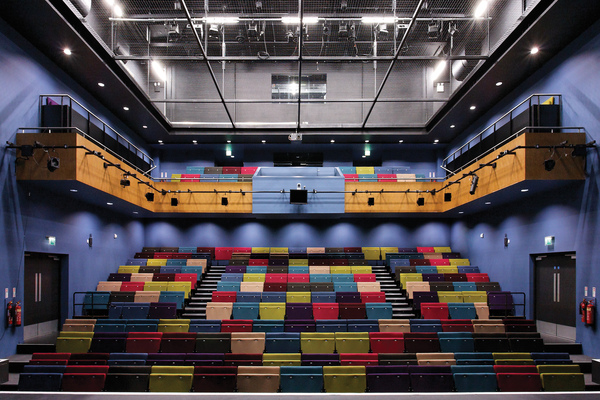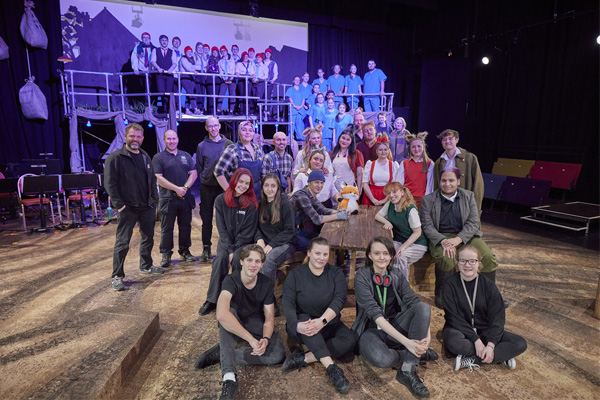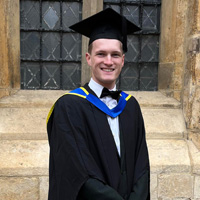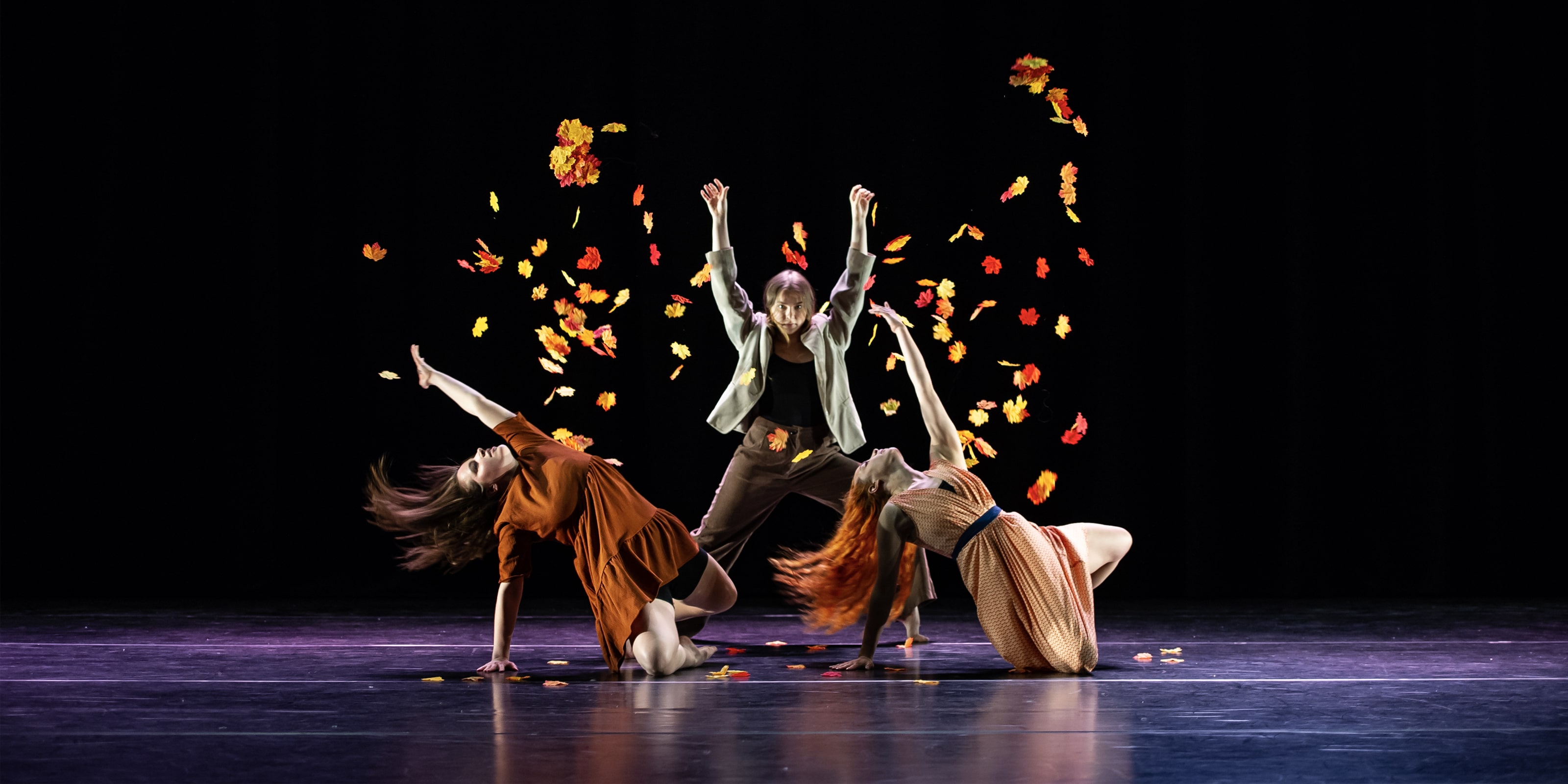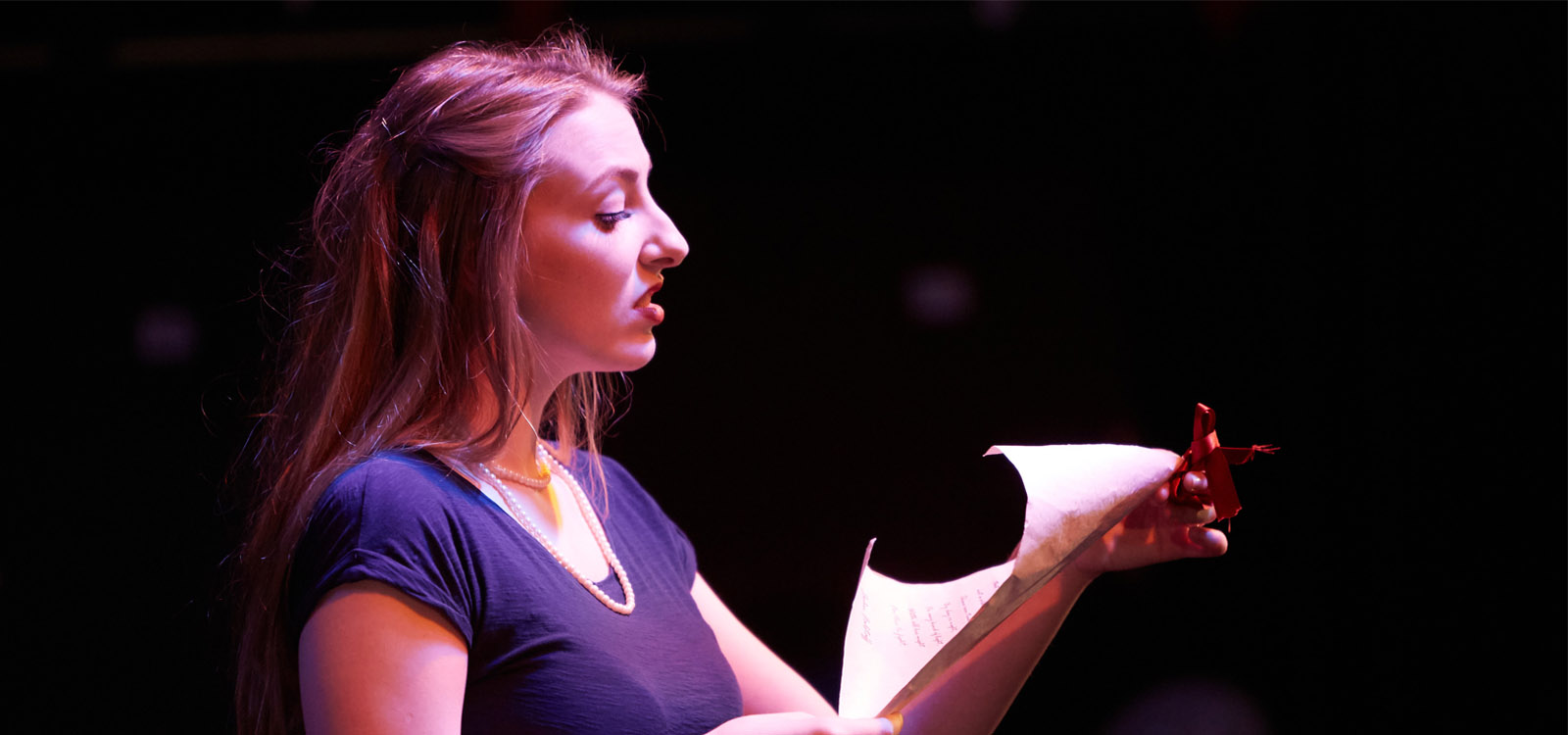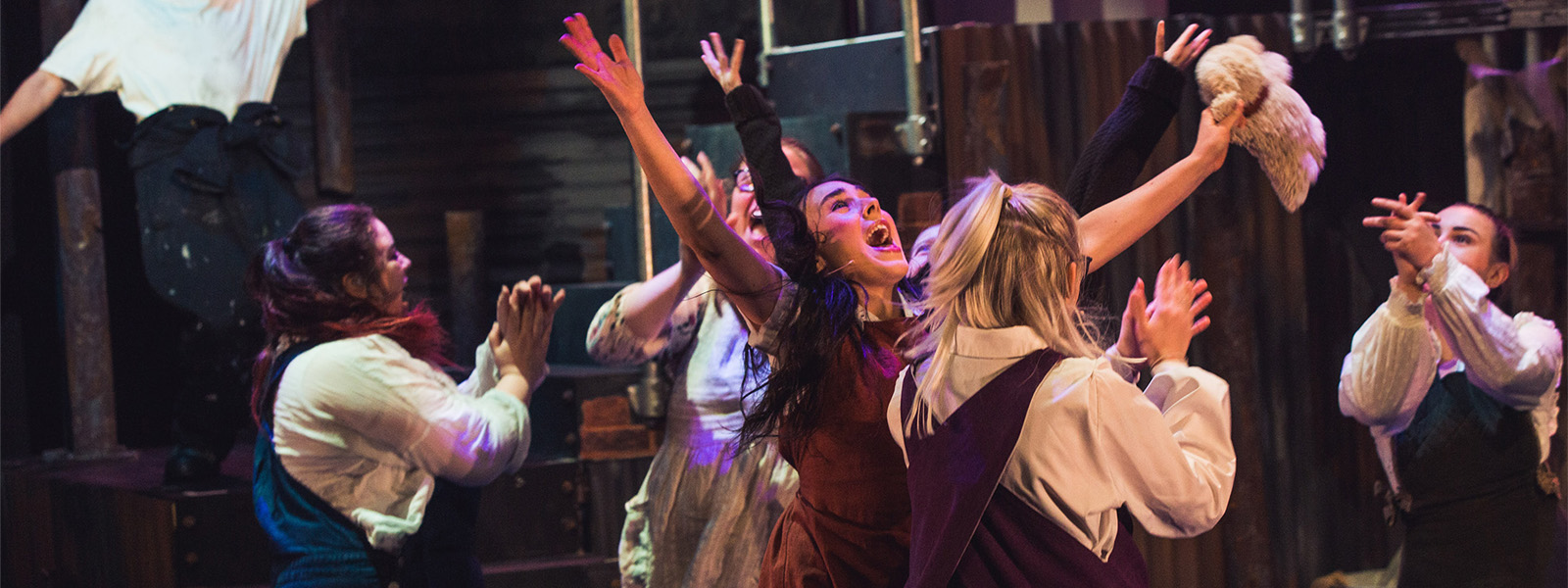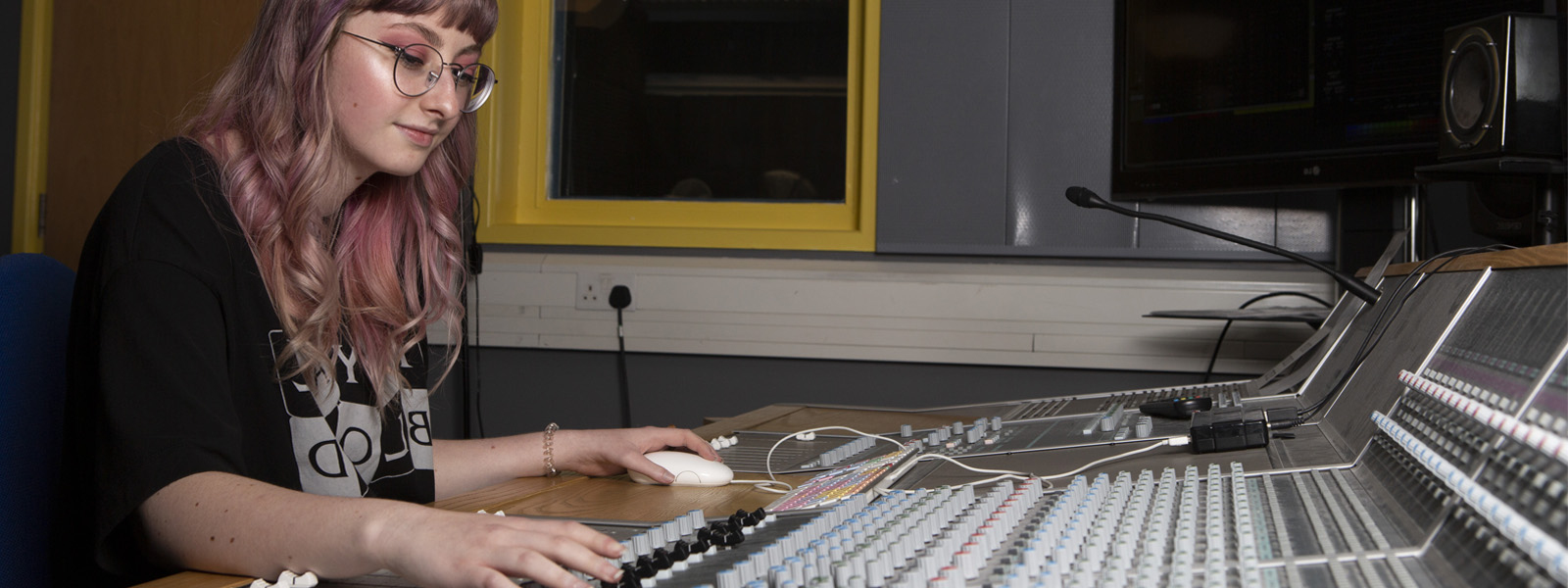How You Study
The BA (Hons) Drama ,Theatre and Performance degree interrogates practice and theory side by side, creating a broad, interconnected range of knowledge and experience for our students.
Students on the Drama, Theatre and Performance degree can work alongside Film Production students in a shared project where they are able to explore fundamental approaches, techniques, and practicalities involved in acting for camera. At the same time, students with interests in aspects of the discipline such as Shakespeare, stage combat, theatre for children, scriptwriting, and popular performance are able to explore their interests in these areas and many more. Not only will you have the ability to study modules related to drama, theatre and performance, the degree gives you the ability to select optional modules from across the Lincoln School of Creative Arts if you wish, allowing you incredible diversity in your choices, flexibility in customising your own pathway, and opening you up to new experiences and horizons.
Within the drama curriculum itself, employability lies at the heart of what we offer, with a suite of optional modules that encompass those that wish to enter teaching, arts administration, portfolio creative careers, acting, performing, directing, and much more.
Modules aim to give you an insight into the professional side of the cultural sector, and project-based and performance assessments look to equip you with a host of transferable skills, from problem-solving, project management, and marketing and advertising, to enable you to become self-directed, resourceful, and creative, increasing employability prospects and equipping you for your future career.
Teaching practice in the School is diverse and takes place mainly through lectures, seminars, studio-based workshops, and individual tutorials. You may also receive opportunities to engage in practical workshops and talks delivered by a variety of guests including practitioners, academics, and industry leaders. Students may have the opportunity to participate in external visits and theatre trips, where offered.

